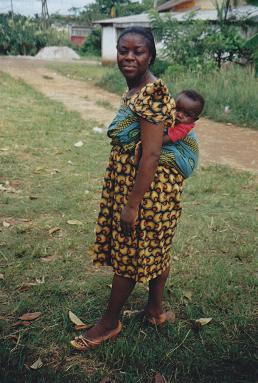Cameroon
Kenya
Nigeria
Rwanda
South Africa
Uganda
|
The appellations “Francophone” and “Anglophone” give Cameroon a linguistic uniqueness in the African continent. This means that the country enjoys official bilingualism in English and French. The two official languages coexist with about 270 indigenous languages. This sociolinguistic scenario is made even more complex by the existence of Cameroon Pidgin English (Camtok) which serves as a very important lingua franca.
English first arrived in Cameroon around the 16th century when the British together with the Dutch established slave deports at the coast of Bimbia. The language gained grounds in the 17th century. British missionaries, who came with the aim of evangelism to win souls for their religion, brought their language with them. The 18th century saw the institution of colonialism, and even though the Germans were the earliest colonial powers in Cameroon, they had very little interest in enhancing their own language.
Cameroon Pidgin English was born in the German owned plantations. This variety spread very fast among the multiethnic workers who travelled home to the hinterlands. After the defeat of Germany in the First World War, Cameroon as a UN protectorate was partitioned between France and Britain. |
 Street in Cameroon Street in Cameroon
© Bridget Fonkeu 2010 |
This meant a final consolidation of the English language in the country because English forms of education were institutionalized and English became an official language in the then Western Cameroon. Cameroon Pidgin, on the other hand, was discouraged and thought of as an inferior variety.
Today, most Cameroonians are multilingual and able to speak at least two languages. Camtok is spoken in eight of the ten provinces (regions) of Cameroon. In the two English speaking provinces (North-West and South-West) it has acquired L1 status for most children. In terms of status, Camtok is still marginalized even by some educators who themselves are speakers of the variety. One reason for this linguistic prejudice is that the two languages are very similar and yet so different. This means that Camtok poses a permanent threat to Standard English. This is manifested through linguistic features such as borrowings, code-switching, and code-mixing. It is not uncommon to hear a Cameroonian say I am going me nau ‘I have to leave now’ or I had to travel to Mamfe but I hear the roads are very bad wetti man go do. I have to go. I am going me and The Nfo (the chief) is coming tonight are further examples of the influence of the two varieties on each other.
A version of this text in Cameroon Pidgin English is available here.
© Bridget Fonkeu 2010
|
|